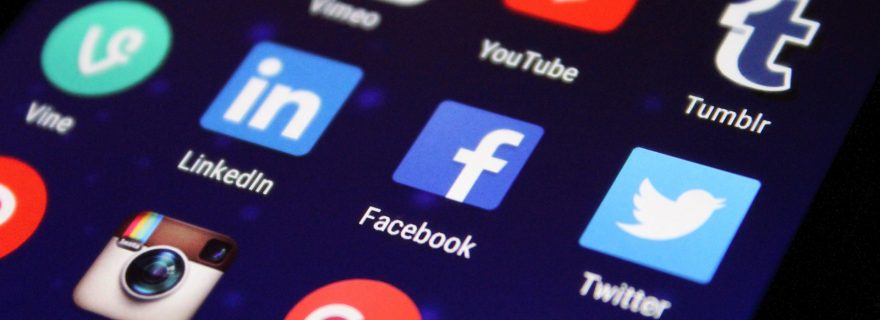Negative impact of social media and our continued reliance on it
How social media negatively impacts our mental health and why people continue to use it...
In the age of technological advancements, social networking sites are pervasive in our everyday lives. Social networking sites (SNS) have become an essential medium for communication and the maintenance of interpersonal relationships. SNSs such as Facebook offer a platform for more social comparison in more aspects of our lives. Facebook allows us to reconnect with old friends and to build up our social capital, and also extend the current relationships that we have to an online domain in order to strengthen them. The connectivity that these SNSs provide also promotes group identity and in-group relationships, as suggested by a study.
However, there are always two sides to a coin, and although it is undeniable and acknowledged by most that there are many benefits to Facebook and other SNSs, it is important to understand the potential detrimental effects that it can have on our mental health as well. An example of this is how social media can affect our self-perception.
Social media and negative social comparison
From sharing about the latest fads to sharing our innermost personal thoughts in hopes for a sign of approval from our Facebook friends, it is evident that our experiences, habits as well as preferences are being made more visible to the online community. Also, we tend to display our most positive sides online. At the same time, because we compare the worst of our lives to the best of others’ lives, it gives off the impression that other people are living better lives than we are. From an article by de Vries and Kühne, it was shown that Facebook use was related to a greater degree of negative social comparison, which was in turn related negatively to self-perceived social competence and physical attractiveness. According to social comparison theory, such negative social comparisons are detrimental to perceptions about the self. It is important to also note that negative self-perceptions predict depressive symptoms, whereas more positive self-perceptions and strongly and positively related to subjective well-being. This was shown in a study by Diener and Diener.
Social media and depression
One of the first studies linking the Internet and mental health indicated that online activities are ‘related to the reduction of communication between family members, and increased symptoms of depression’. A possible explanation that has been offered is that the interpersonal connections that we make on SNSs may lack the necessary quality that conventional, ‘face-to-face’ interactions can provide, and that people may feel increasing feelings of loneliness instead of connectivity. Other studies have also found that the time spent on Facebook and other SNS platforms is ‘positively related to depression symptoms quantified by Beck depression inventory’. However, this was mostly linked to excessive use of the Internet, as compared to moderate, healthy use. Other studies did not find such a strong link between social media and depression, but it was still found that social media use reduces the time for conventional face-to-face interactions, which may play a part in worsening depression.
Why do we still continue to use it?
1. Denial of its negative impacts on us
Users of SNS may not attribute their negative self-perception to the use of Facebook and other SNS, as there is an expectation of positive outcomes when they visit SNSs, for relaxation, entertainment or social connection. Additionally, users also have a tendency to proclaim that Facebook is just a website that would not be able to influence them much. The dismissive attitude and the refusal to acknowledge the impact that it may have on its users further perpetuate the idea that social media can do no harm, when in actual fact it does.
In addition, from Fox and Moreland’s study, they found that participants reported feeling pressure to continue being part of the Facebook world and ‘stay connected to friends no matter the place or time’. Such social pressure often came coupled with feelings of guilt as well as dissatisfaction. However, other reasons also come into play that continue to draw us into the site despite these negative feelings that we have.
2. The Fear of Missing Out
Due to the pervasiveness of Facebook in our lives, and the constant accessibility and updating that it affords, people also have a fear of missing out on the new social information or what their friends are doing when they do not physically see them. The idea of our friends enjoying ourselves and us not being a part of it drives us to constantly check for updates on these SNS platforms, which keeps us glued to our screens.
3. Using Facebook as a distraction
Facebook also serves as a temporary distraction to delve into the lives of others, in order to escape problems of our own that we have to face. The convenience of an Internet connection that is readily provided for us now serves as a factor that makes us all the more reliant on Facebook as a temporary escape from our busy lives. Ironically, this distraction offers us less time to deal with the other stressors in our lives, which may worsen instead of improve our stress levels.
Moderation is key
The ubiquity of social media should not be so easily accepted in our lives without considering the precise consequences. Despite the many benefits and potential problems that social media brings, it is undeniably part of the world that we live in today, and it would be best to understand how we are, consciously or subconsciously, affected by it. As with any habit, moderation is still key in our use of social media.


0 Comments